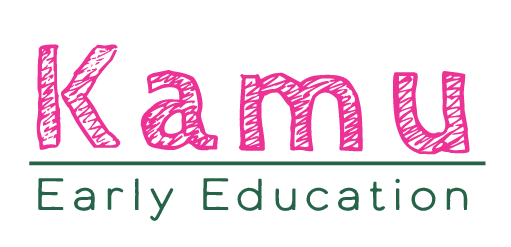What on Earth is Full-Day Pedagogy, and Why Should it Be Implemented in Early Childhood Education?
The word “kokopäiväpedagogiikka” (“full-day pedagogy”) may puzzle those who are not familiar with it. Does it mean that children have planned activities all day long in daycare? Don’t they get to play freely at any point? In reality, full-day pedagogy means something quite different.
In simple terms, full-day pedagogy refers to taking the child’s growth and development into account holistically and comprehensively throughout the daycare day. The Finnish National Core Curriculum for Early Childhood Education and Care (2022) also uses the term holistic pedagogy in this context.
Let’s take an example: The group has planned a “gym day” for Tuesday, during which the children will practice moving in different ways through forest terrain. In addition, the educators in the group consider how to make every part of the day meaningful. For example, after morning circle time, the children move to the restroom by hopping, practice counting in order while washing their hands, learn to name items of clothing and colors while dressing, and finally, once in the forest, explore different ways of moving through varied terrain.
According to the principles of full-day pedagogy, the children’s learning process does not stop with the forest activity itself. Instead, early childhood educators reflect on how to make the entire daycare day pedagogically rich at every stage, shifting the focus away from short, isolated “activity sessions.” This approach also applies to transitions, outdoor play, dressing routines, and hygiene practices. During these everyday moments, it is important for educators to listen attentively to children’s voices: What interests this child right now? How can I take this child’s opinions, thoughts, and wishes into account in my own actions?
In full-day pedagogy, it is essential to remember that the teacher of the group acts as the pedagogical expert, responsible for structuring the group’s specific practices and providing pedagogical reasoning for them. The main goal of full-day pedagogy is to strengthen children’s skills from the perspective of broad-based competence and to support the development of children’s own agency and participation.
Sources:
Lämsä, Tiina (2021). Full-Day Pedagogy and Its Development in Early Childhood Education. https://journal.fi/kasvatusjaaika/article/view/102527
Mäkinen & Savela (2023). Full-Day Pedagogy: The Implementation of Full-Day Pedagogy in Early Childhood Education. https://www.theseus.fi/bitstream/handle/10024/803872/Makinen_Savela.pdf?sequence=3&isAllowed=y
Original Finnish text translated by ChatGPT
